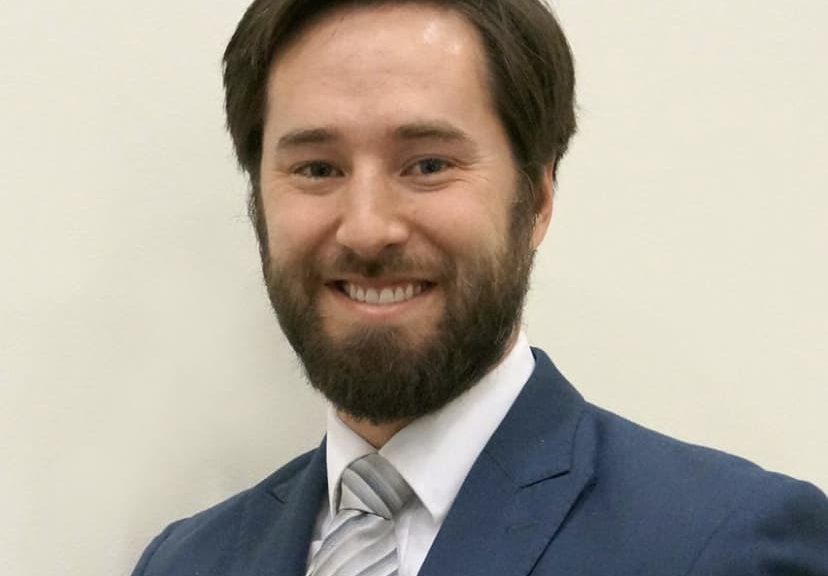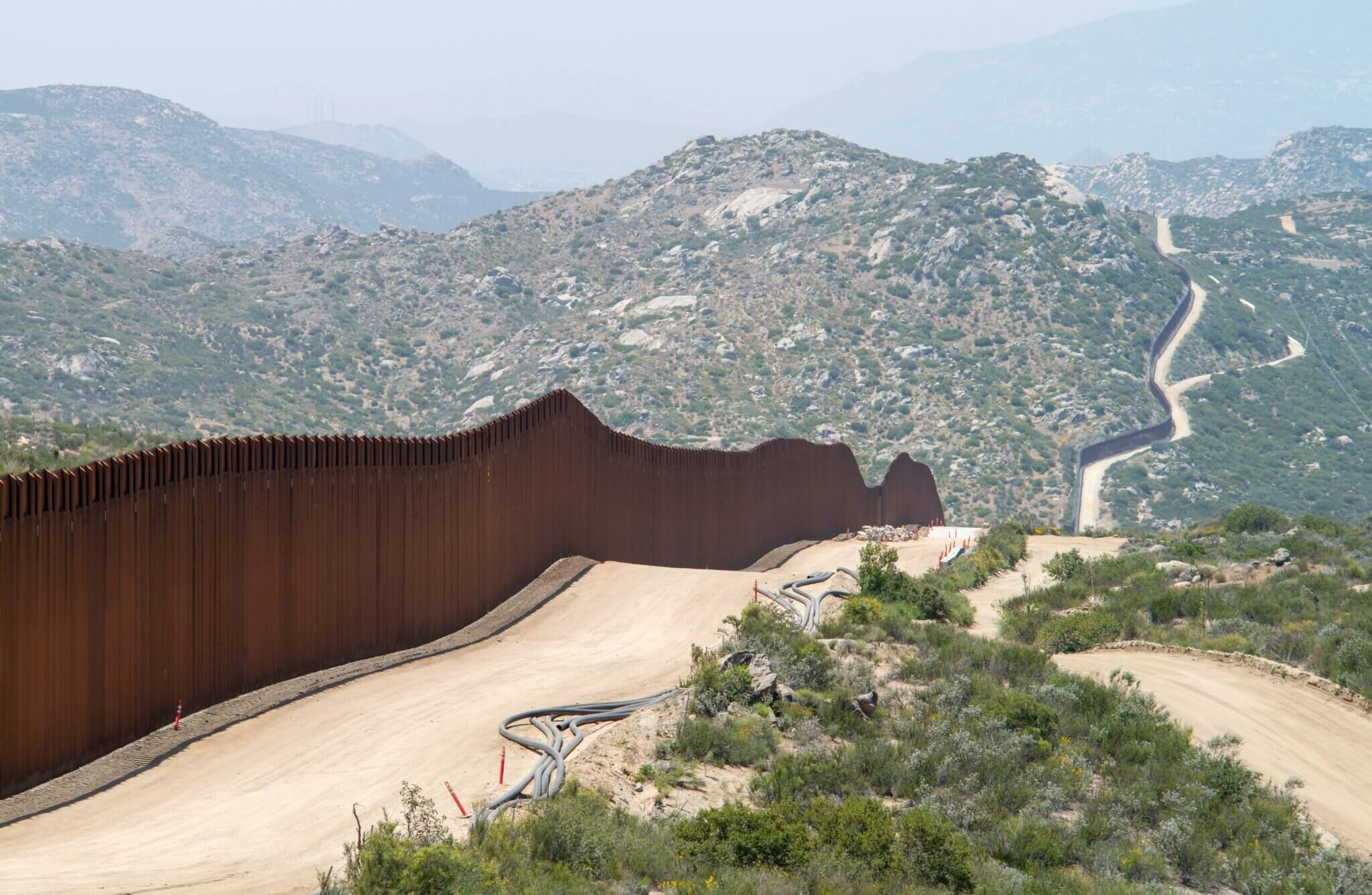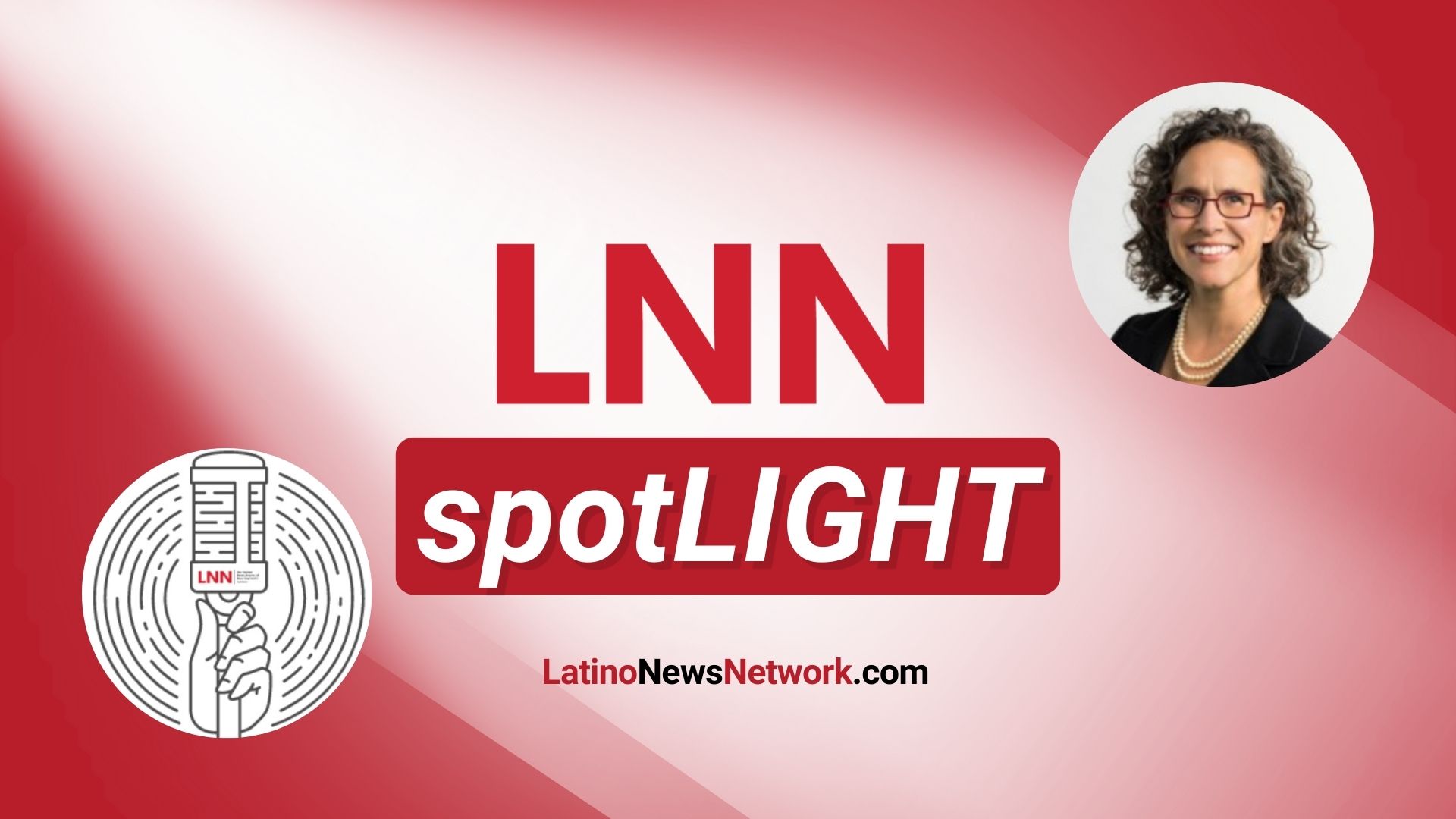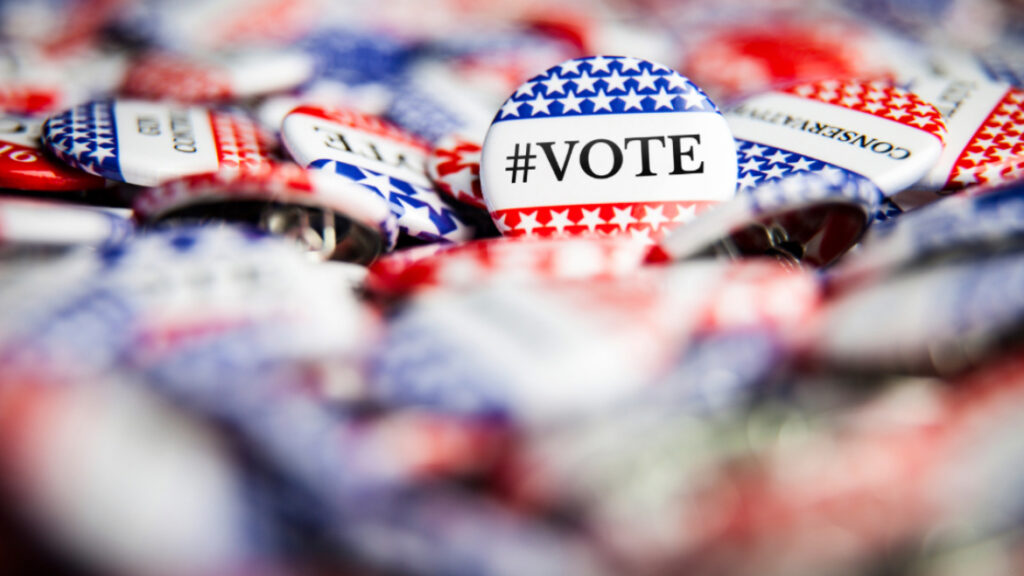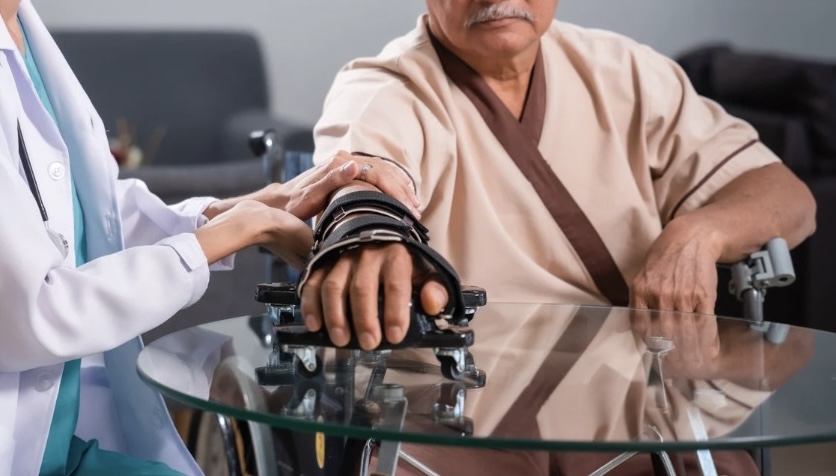This week’s guest is Executive Director, Tim Horgan from the World Affairs Council of New Hampshire speaking on the work of promoting international affairs to diversify the New Hampshire community.
The impact of the pandemic has changed the way the organization presents its programs. The speaker’s programs, which includes podcasts, international visitor exchanges with the US Department of State, and academic high school trivia challenges are all programs that were done in person prior to the pandemic. “Once the pandemic hit we had to quickly change and modify the way we presented those programs,” said Horgan explaining the different programs the organization offers.
The goal of the programs is to reach different audiences from 35 states and 80 countries. The pandemic has allowed these programs to reach more audiences as the format is more accessible even if they can not attend in-person events. This helps people get the information that they need to make better decisions in world affairs issues and how they vote.
A major obstacle Horgan has seen in his role is how to create a welcoming environment for all people. “A big challenge is how do we build these connections, these relationships that are designed to strengthen US global presence and US international relations in a way that still feels authentic online,” explained Horgan on being inclusive in virtual settings. The World Affairs Council is continuously moving back to in-person events.
The International Exchange Program is designed for working professionals to come share their experiences in the United States while exploring the country. “We program on a wide range of topics. About 40% of our programs in a typical year are focussed on government, government accountability, transparency, and best practices in administration, “ explained Horgan. “We also see a lot of programs on women’s empowerment, youth civic engagement, and judicial reform.” In previous years, one group from Oman came to talk about road safety and in relation New Hampshire has four non-profits that work in road safety as well. Experiences like these contribute to networking with professionals to share best practices and have in-depth conversations.
Due to the World Affairs Council being non-partisan and non-profit it is a platform for people of all backgrounds to have important conversations. “Range in from topics like climate change, national security, to human rights and anything in between that touches on international affairs. We want people to access these programs easily so they can learn from experts,” explained Horgan as he encourages all people to take advantage of these programs to broaden their imagination and develop a passion for diverse ideas, equal opportunities, and an inclusive environment.
These conversations on D-E-I are being brought to light stemming from last year’s events on social injustice. “We are not the experts, but we hope to be able to bring these conversations and people who are experts in these areas to the state and to our audience,” mentioned Horgan on the impact of social division on fostering community for foreign individuals.
The World Affairs Council continues to redefine the narrative for New Hampshire by providing these programs in hopes that people’s perspective on New Hampshire being a predominantly a white state can change. It is the responsibility of every individual to use their stories to educate others and change the way others think and believe that we can create a story we can all own together.
Resources mentioned in the video:
World Affairs Council of New Hampshire: https://wacnh.org/aboutus
